Impact Case Studies
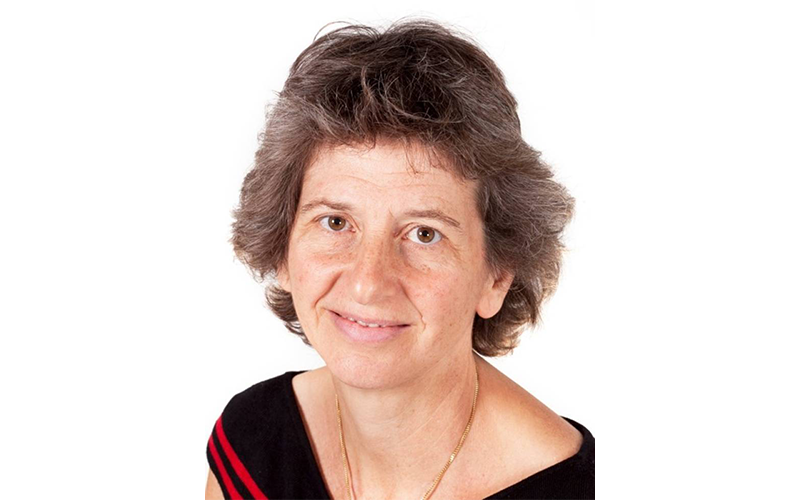
Professor Elizabeth Murray’s legacy continues as Healthy Living reaches 20,000 milestone
Based on the HeLP Diabetes programme, led by the late Professor Elizabeth Murray and licensed by UCL Business, Healthy Living is a web-based structured education programme that supports people to learn more about Type 2 diabetes and improve their health and wellbeing.

UCL researchers partner with NHS England, Public Health England, the GLA and government
We drafted a national plan with partners to help prevent more than 20,000 COVID-19 infections among homeless people.
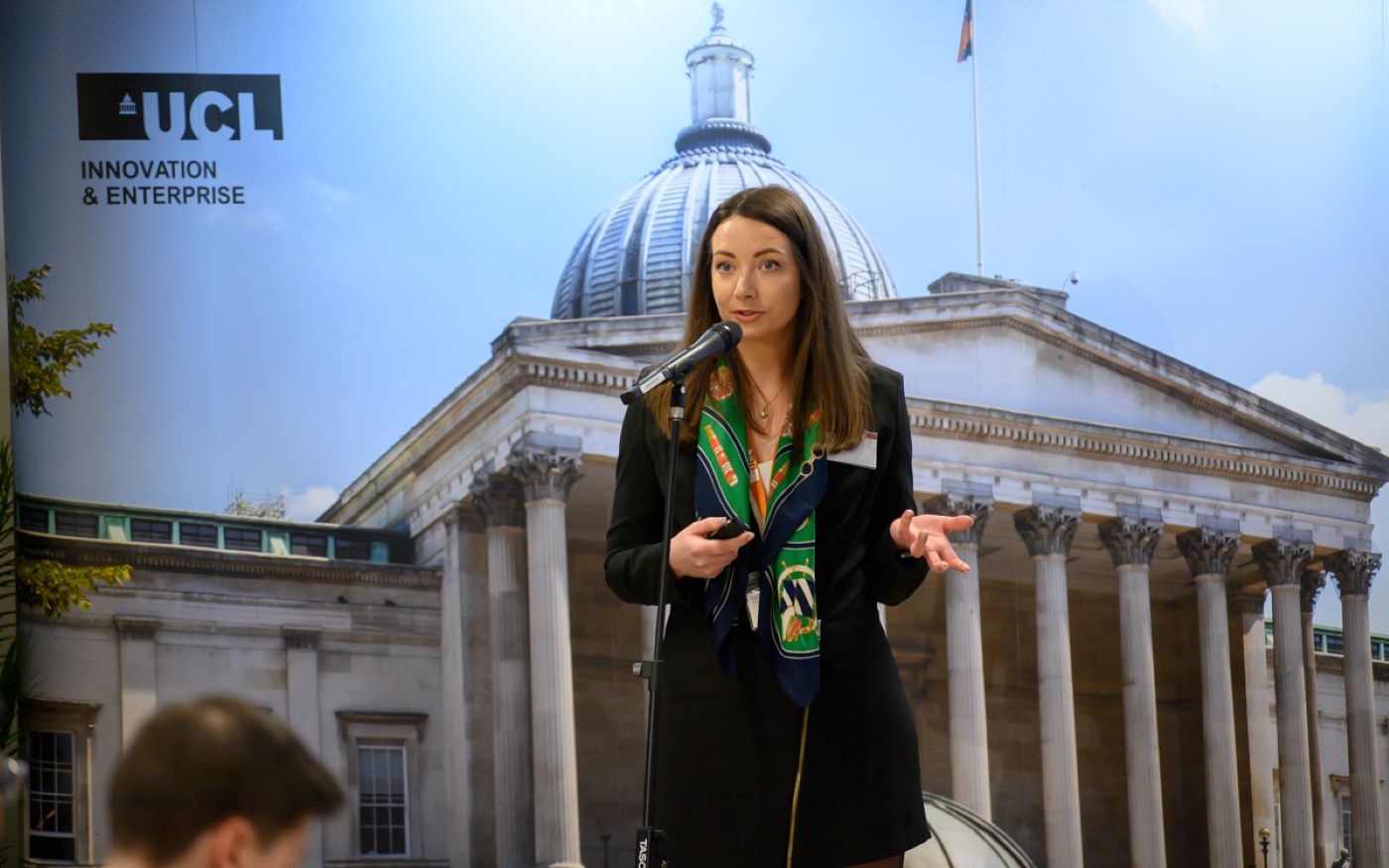
UCL Demo Day: two UCL graduates share their experiences
UCL startups Cilo and MedQ were two of the businesses invited to pitch for investment at UCL’s first Demo Day. They share what it was like to take part, and how the free extracurricular support they’ve had access to at UCL has been instrumental in their startup journeys.
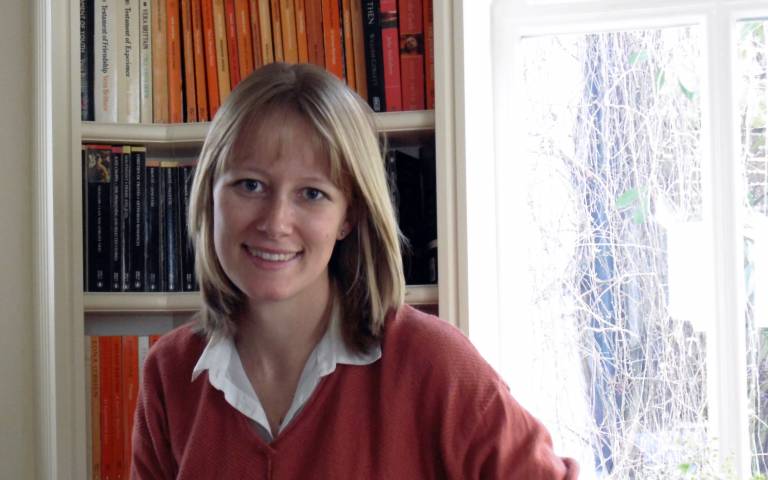
COVID-19 Social Study
Dr Daisy Fancourt leads the 'COVID-19 Social Study', a longitudinal study into the psychological and social impact of the pandemic involving over 95,000 adults in the UK.

‘Please learn from us’: Coventry uses Marmot review to fight inequality
Becoming a ‘Marmot city’ to underpin its services has helped council improve health and inequality outcomes.

UCL research informs ‘Stoptober’ helping thousands to quit smoking
Research from UCL’s Tobacco and Alcohol Research Group has helped shape the annual ‘Stoptober’ campaign - which has seen around 350,000 people quit smoking each year since launching in 2013.

Improving care for stroke patients in the UK
UCL research led by Professor Naomi Fulop has changed to the way UK hospital stroke services are organised, improving care for 20,000 stroke patients and saving 68 lives each year.

Protecting rough sleepers during the pandemic
UCL research and guidance informed England’s largest ever health-led action on homelessness, preventing 20,000 COVID-19 infections during the pandemic’s first wave and housing 33,000 vulnerable people

Tackling oral health inequalities in the UK and globally
UCL research has revealed why marginalised groups suffer more from oral diseases including tooth decay and mouth cancers – which has informed policy to reduce such inequalities.
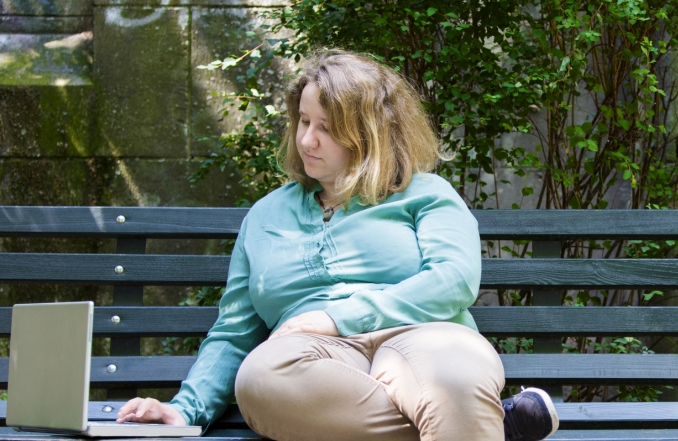
Health Survey for England: developing evidence-based policies to tackle obesity
The Health Survey for England, which is run annually by UCL and NatCen Social Research since 1994, has played a key role in informing obesity policy and supporting the development of effective strategies to combat obesity in England.

Influencing global policy on antiretroviral treatment priorities
UCL research showed that expansion of anti-retroviral treatment (ART) in developing countries should proceed, despite the unavailability of viral load testing. There had been concern that such an approach would lead to poorer outcomes and drug resistance but modelling showed that this concern should not hold up the roll-out. There are now nearly ten million people receiving treatment.

Inclusion of flexible sigmoidoscopy in the UK Bowel Cancer Screening Programme
UCL evidence that a single flexible sigmoidoscopy dramatically reduced bowel cancer incidence and mortality, and that acceptability of the test was high, led to its inclusion in the UK National Bowel Cancer Screening Programme.

Improving management of schizophrenia and severe mental illnesses in general practice
UCL research has led to major changes in the management of people with severe mental illness in general practice through its impact on policy and the NHS Quality Outcomes Framework in England and Scotland.
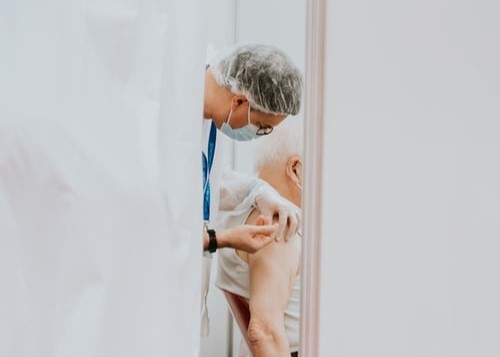
Informing national and international influenza vaccination policy
UCL research has provided evidence about vaccination of different groups against influenza that has influenced policy and practice in the UK and North America.

A clinical management service for stroke prevention
UCL research has developed international standards for electronic health records (EHRs), enabling patient records to move with them to different health providers and clinicians in different settings to collaborate more effectively. The work has been successfully commercialised as a stroke prevention service through spinout company Helicon Health.

Oral epidemiology and development of oral health-related quality-of-life measures
The UCL Dental Public Health Group has led the international field in the development of quality of life measures for oral health. These measures have been employed in epidemiological surveys nationally and internationally, influencing health policies and resulting in enhanced use of resources, improved patient care and health care access

The Marmot Review: national and local policies to redress social inequalities in health
In 2008, Professor Sir Michael Marmot (UCL Epidemiology & Public Health) was asked by the Secretary of State for Health to chair an independent review to propose the most effective evidence-based strategies for reducing health inequalities in England. The Marmot Review, published in 2010, has fundamentally shifted discourse on health inequalities in the UK and internationally.

Evidence for best practice within NHS Stop Smoking Services
Research by UCL's Professor Susan Michie and colleagues led to the establishment of the NHS Centre for Smoking Cessation and Training in 2009, estimated to have helped 7,500 smokers to quit, saving an estimated 6,500 life years.
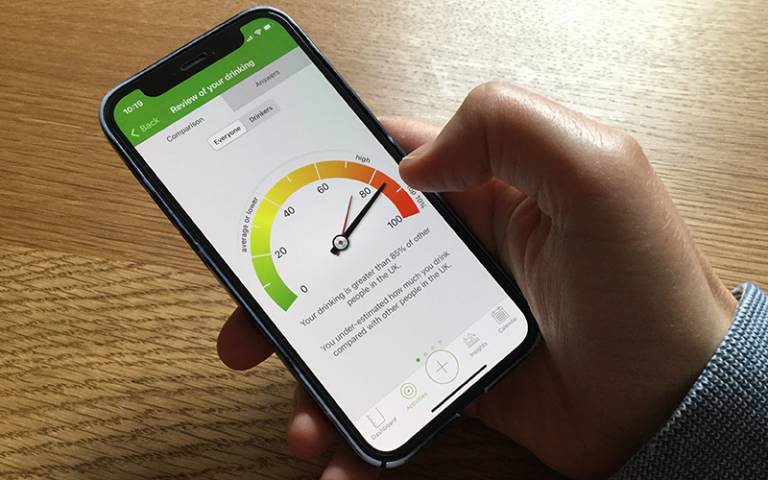
App can help people reduce their alcohol intake
A free smartphone app, Drink Less, can help people who would benefit most from reducing their alcohol consumption to do so successfully, according to a large randomised controlled trial led by UCL researchers.

UCL academics lead award-winning ’Oh Pod! x UCL’ Podcast project
‘Oh Pod! x UCL’ is a mental health podcast series hosting honest discussions between researchers and communities in east London.

Office for Students uses UCL research to identify risk to equality of opportunity for young carers
The Office for Students has added Young Carers to its Risk Register, citing UCL IEHC research.

National project to tackle loneliness among young people
Social prescriptions for activities such as gardening, fishing, attending museums, as well arts & sports clubs are to be offered to children and adolescents who report high levels of loneliness or low community connection as part of a new four-year project led by UCL researchers.
 Close
Close

